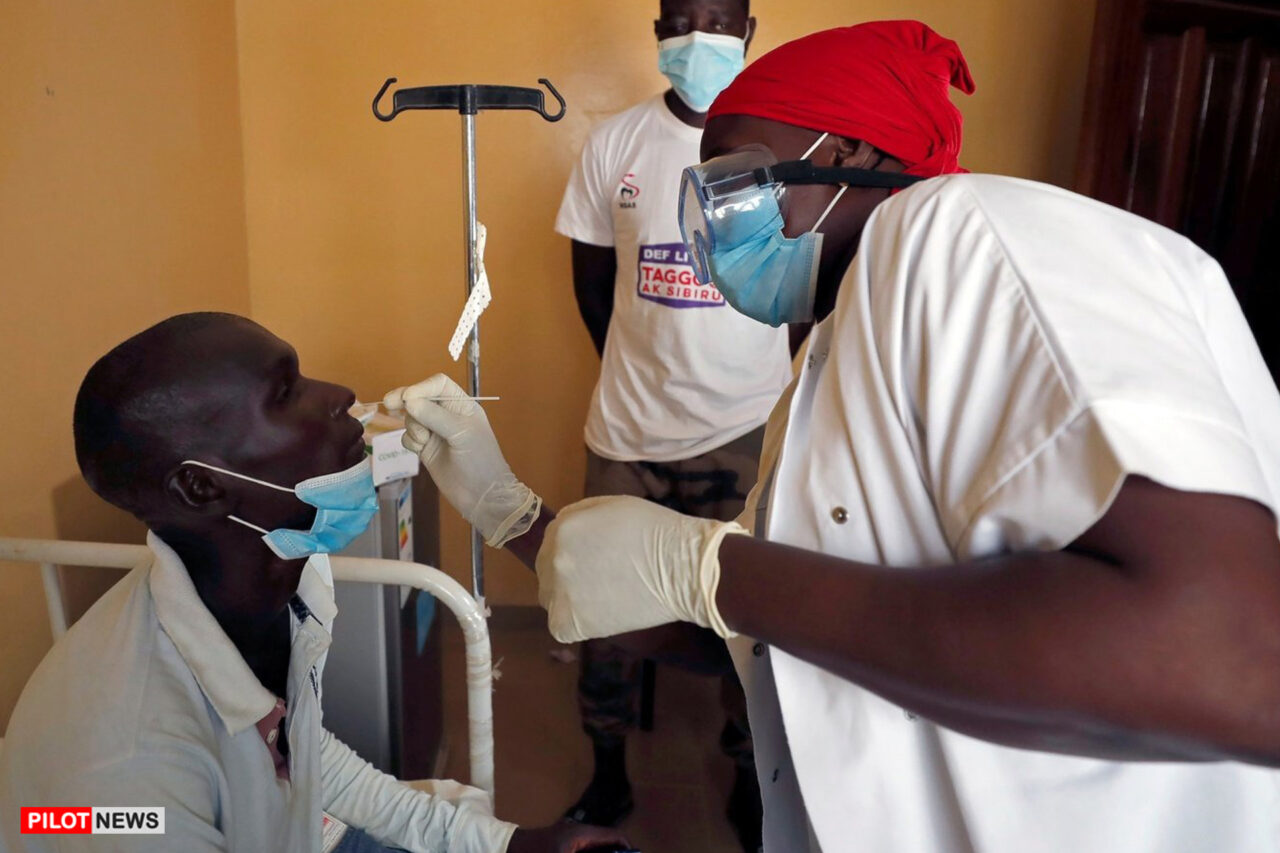Senegal is a major center of West African Islam, and its imams, mullah, and brotherhoods are influential across the Sahel. The holy city of Touba, 120 miles east of the Senegalese capital of Dakar, is the site of a major, annual pilgrimage called the Magal, which is now underway. While no estimates are yet available as to the number of participants this year, in past years there have been as many as five million.
The pilgrimage is organized by the Mourides sect of Islam. The caliph of the sect issued a call for the pilgrimage, and the government of Senegal has not objected. Many government officials will participate. Such is the power of the Mourides sect that any government would be hard-pressed to stop the Magal, perhaps the world’s largest gathering thus far during the pandemic. (The Magal commemorates the French exile of the Mourides sect’s founder during the colonial period when Senegal was part of the French West Africa empire.)
The government of Senegal has received high marks for its efforts to control the pandemic with extensive testing and fast turn-around times. It seems to have worked. For example, on October 6, out of 777 tests, only nineteen were positive. Nevertheless, conventional wisdom would see the Magal as a COVID-19 disaster. Social distancing is impossible; water shortages mean limited opportunities, if any, for handwashing. While some pilgrims are masked, most are not, according to Western media.
If there is no great upsurge in COVID-19 cases as a result of the Magal, that would be further evidence that special factors are at work in West Africa that limit the spread of COVID-19, or at least of the illness and mortality that accompany the virus elsewhere. There are a number of different hypotheses: the World Health Organization estimates that some 80 percent of COVID cases in Africa are asymptomatic.
Further, Africans tend to live much of their lives outdoors, and the population is younger than elsewhere in the world, both factors that reduce the severity of the illness. The Senegal minister of health says that he has deployed five thousand monitors to Touba, and Senegal’s statistics—while not perfect—are better than elsewhere in Africa. Hence, the likelihood is better than elsewhere that the incidence of COVID-19 during the pilgrimage will become known.
____
John Campbell is the Ralph Bunche senior fellow for Africa policy studies at the Council on Foreign Relations in Washington, DC. He was a former U.S. ambassador to Nigeria. He writes the blog Africa in Transition. This article first appeared in CFR.
- “Nikki” – My Next Endeavor is a book set to be released this May - April 18, 2024
- Oko Poly Students Protest N5000 Examination Fees Imposed By Management - April 17, 2024
- Man Defiles 11-Year-Old Girl in Awka-North Local Govt, Anambra State. - April 16, 2024


